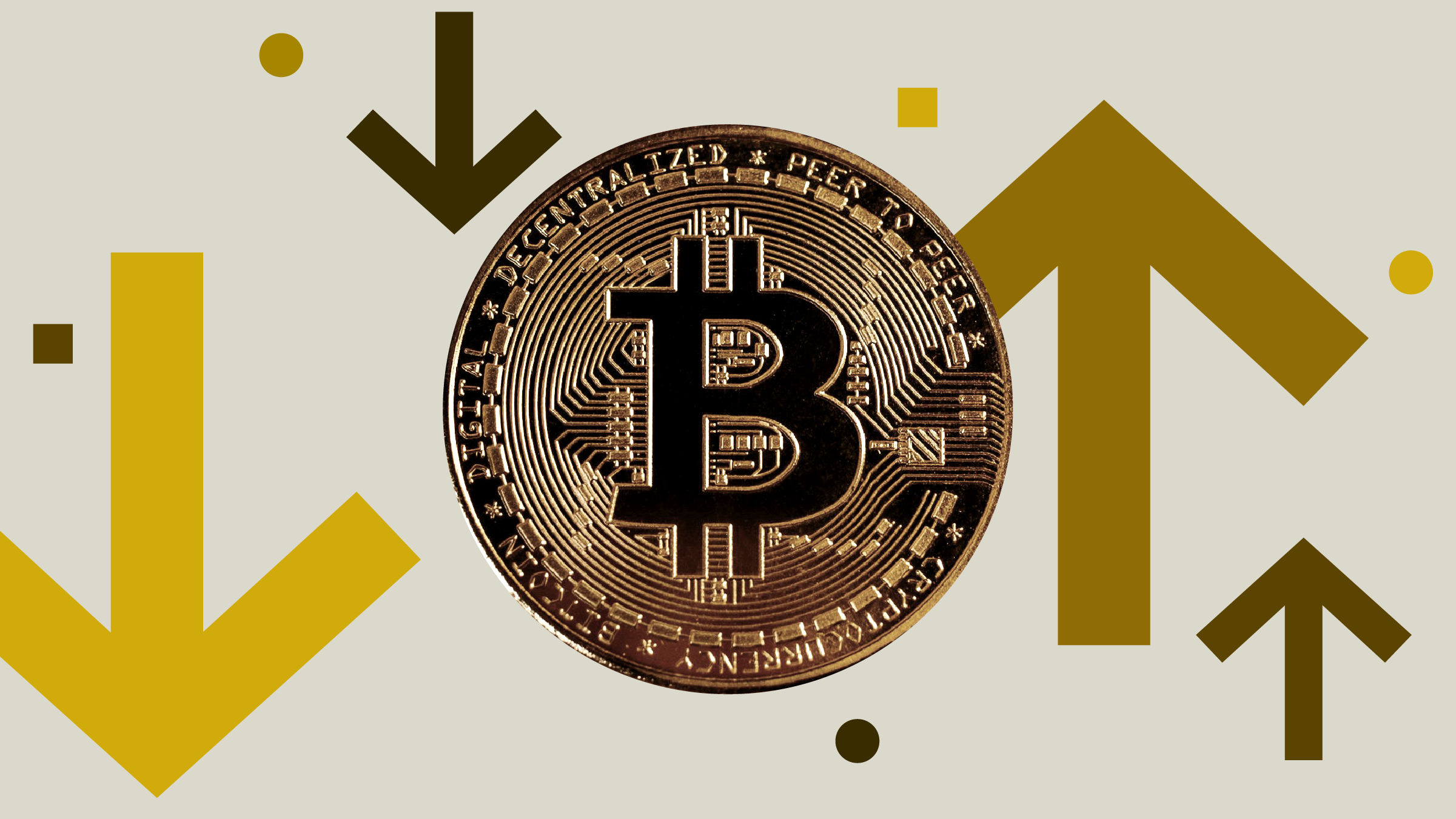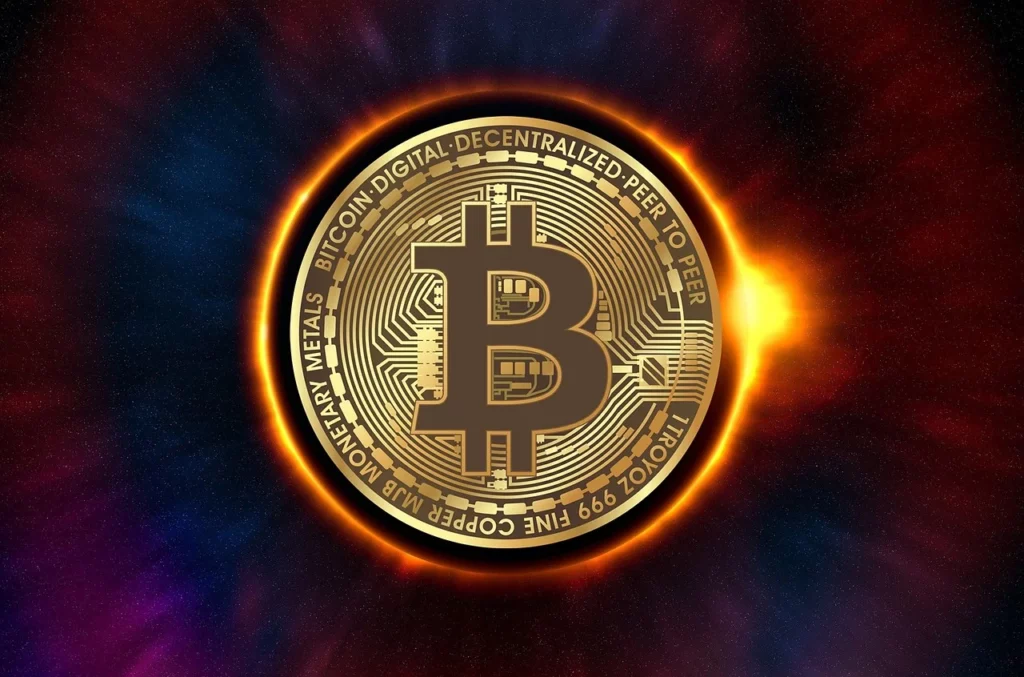The Ecological Impact of copyright Mining and What Can Be Done
The Ecological Impact of copyright Mining and What Can Be Done
Blog Article
Discovering the Future of Digital Money and Its Impact on Global Finance
As international finance comes to grips with the blossoming phenomenon of electronic money, extensive implications are expected. Reserve banks' expedition of their very own electronic money mean a future of decentralized finance, promising both performance and inclusion. Yet, such a standard change is not without its difficulties, consisting of regulative complexities, cybersecurity risks, and the basic issue of public count on. The succeeding discourse will certainly probe much deeper into this transformative growth.
Unraveling the Principle of Digital Currencies
Although electronic currencies have actually come to be a foundation in the monetary globe, understanding their core concept might still pose an obstacle to lots of. Digital money, also referred to as cryptocurrencies, are a form of cash that exists entirely in the digital realm. They are not concrete like traditional fiat currencies, such as the dollar or euro. Rather, they are stood for by cryptographic secrets and are stored in electronic budgets.
The creation and management of digital currencies count on intricate mathematical algorithms, a procedure referred to as mining. They operate a decentralized system, a modern technology described as blockchain. This technology guarantees that all transactions are clear, secure, and can not be controlled by any type of entity. In spite of their abstract nature, digital currencies have real-world worth and can be made use of for different transactions, including online shopping, investments, and compensations. Understanding these principles is essential to understanding the impact of electronic currencies on worldwide finance.
Digital Currencies and Their Prospective Effect On Global Financial
With the standard understanding of digital currencies, it is now feasible to discover their possible influence on global banking systems. copyright mining. As these currencies are decentralized, they can potentially disrupt traditional banking by getting rid of the need for economic intermediaries, hence lowering transaction expenses and raising effectiveness. This might lead to a democratization of financial, giving access to economic services for unbanked populations worldwide
Nevertheless, electronic currencies also present obstacles for international banking. The volatility of electronic money can present significant dangers to monetary stability.
The influence of digital money on worldwide financial will rely on how these challenges are resolved - copyright mining. With the appropriate governing framework, electronic currencies can reshape international banking, making it more comprehensive and efficient. Nonetheless, without ample steps, they can likewise position considerable risks.
Exactly How Digital Currencies Are Changing International Profession

Just how are digital currencies changing international trade, one might ask? Digital money are enhancing cross-border deals by getting rid of the requirement for intermediaries such as banks, thereby reducing purchase prices and assisting in smoother, much faster purchases. They permit businesses to bypass standard financial systems, minimizing the time it takes to carry out global transfers from days to plain mins. Digital currencies can offer much better transparency and traceability in deals, minimizing the threat of fraudulence and boosting safety and security. In addition, they can mitigate currency exchange dangers, as they are not connected to any particular nation's economic situation. It is essential to note that while electronic currencies provide considerable capacity to boost cross-border purchases, they additionally pose brand-new challenges and risks that require to be dealt with.
Why is decentralization in trade finance a groundbreaking growth? It's since it offers an unique approach to worldwide profession by eliminating middlemans. Typically, trade financing is regulated by centralized financial institutions and banks. Digital money present decentralization, which enables for peer-to-peer deals. This shift is transformative since it reduces deal prices and increases transaction speed, therefore enhancing efficiency. It cultivates transparency, as blockchain innovation makes every deal traceable and immutable. Decentralization also democratizes accessibility to fund, damaging down obstacles for little to medium-sized enterprises and creating nations. While the use of electronic money in profession finance is still in its inceptive stages, the potential impact is considerable, promising a more inclusive and reliable worldwide trade system.

The Impact of Digital Currencies on Monetary Policies
As the popularity of digital money remains to climb, their influence on monetary policies globally comes to be progressively considerable. copyright mining. Central banks, generally liable for the control of cash supply, find themselves in brand-new territory, facing the expanding copyright-economy. Digital currencies, with their decentralized nature, avoid the traditional financial system, posturing prospective dangers to economic stability
Additionally, digital currencies can weaken the efficiency of monetary policy devices. For circumstances, rates of interest, a primary device for reserve banks, might shed their effectiveness as digital currencies are exempt to reserve bank rates. Additionally, electronic money can possibly result in a disintermediation of the banking system, testing the banks' role as monetary middlemans.
However, digital money also offer chances. Main banks might issue their very own electronic currencies, enabling for enhanced control over the cash supply. Finally, as digital currencies develop, they will inevitably shape and redefine global monetary plans.
Redefining Money: The Revolutionary Function of Digital Currencies
The innovative function of digital money can not be ignored in the redefinition of international currency systems. They have catalyzed a significant change from traditional monetary standards, presenting a brand-new period of decentralized finance. This is identified by greater transparency, inclusivity, and efficiency, testing the hegemony of standard banking institutions.
Digital currencies such as Bitcoin, Ethereum, and Surge, amongst others, are not just reshaping our understanding of money yet additionally the entire monetary landscape. Their inherent features, such as cryptography, decentralization, and the ability to operate beyond state boundaries, are redefining the basic principles of financial transactions. This electronic change in money is increasing the democratization of economic systems, encouraging why not try this out people worldwide with financial freedom and freedom.
The disruptive impact of digital money on international finance is extensive. As this revolution unfolds, the world watches breathless, anticipating the future of a digitized, decentralized economic world.
# Conclusion
The future of electronic currency presents a transformative capacity for international finance, promising efficiency and inclusivity. As main financial institutions contemplate digital currency issuance, the equilibrium in between welcoming technological advancement and managing associated threats will certainly shape the global financial landscape.
Exploring the Future of Digital Money and Its Influence on International Money
Digital money, also recognized as cryptocurrencies, are a kind of cash that exists exclusively in the digital realm. While the use of digital currencies in profession financing is still in its inceptive phases, the potential impact is substantial, assuring a much more inclusive and efficient worldwide profession system.
The innovative role of electronic money can not be overlooked in the redefinition of worldwide currency systems.The future of electronic money presents a transformative capacity for worldwide money, encouraging performance and inclusivity.
Report this page